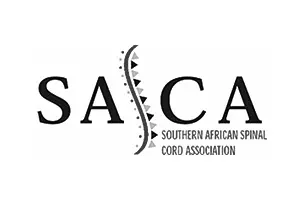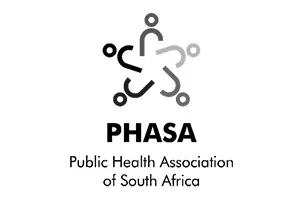Nurses could have saved mom
A woman who spent three hours waiting for medical assistance from staff at the Site B clinic in Khayelitsha should have been transferred to a tertiary institution for emergency treatment, a medical expert has told the Western Cape High Court. Gavin Rosemann, a specialist obstetrician, was testifying yesterday in a R1.5 million damages claim Nomglobo Siyatha’s husband and eldest daughter brought against Western Cape Health MEC Theuns Botha.
They allege in court papers that staff at the Site B Clinic were grossly negligent in refusing to assist Siyatha when she arrived there with symptoms of placental abruption on January 30, 2005. She was five months pregnant. She remained there for three hours without assistance before consulting a nearby general practitioner and returning home, the papers say. However, when she began bleeding heavily, she went to the Michael Mapongwana Clinic and was then transferred by ambulance to Tygerberg Hospital.
Later that evening the baby was stillborn and Siyatha died. In responding papers, the MEC denied the allegations of negligence, saying Siyatha refused to allow the nurses to examine her and demanded to see a specific doctor. Rosemann testified before Judge Pat Gamble yesterday that Siyatha was 41 years old, and had been pregnant four times before.
This made her a high-risk patient for placental abruption, he said. Rosemann added that patients displaying symptoms of such a condition had to receive medical treatment as soon as possible because of the danger it posed to the baby and mother. “(Placental abruption) is one of the most serious complications in obstetrics. It’s a dreaded situation,” he said. Rosemann added that even if Siyatha had refused to allow nurses to examine her, they could have attempted to calm her and explain why treatment was urgent.
Nursing staff should have questioned her about her history, and asked her to explain her pain. By doing this they would of realized that she had the symptoms of placental abruption. “Mr Siyatha’s history alone would have given a very good clue,” he said. Also, by merely feeling her abdomen or performing a finger-prick blood test to check her haemoglobin levels, the nurses would have noticed that Siyatha needed to be referred to a tertiary institution with better facilities. By the time she was in the ambulance on her way to tygerberg there was no way the baby could be saved, he said.
At Tygerberg Hospital, her haemoglobin levels were recorded as 2.9- an indication of the amount of blood she had lost. Siyatha could have survived if she received expeditious treatment, Rosemann told the court. The trail continues.
The current position on objections to the con/arb process
Con/arb process - The Commission for Conciliation, Mediation[...]
Out of time? Think again – The CCMA and its rules
By Lara Keil (Candidate Legal Practitioner) under the[...]
RAF’s lodgement requirements: Claimants further prejudiced
By Lara Keil (Candidate Legal Practitioner) under[...]














